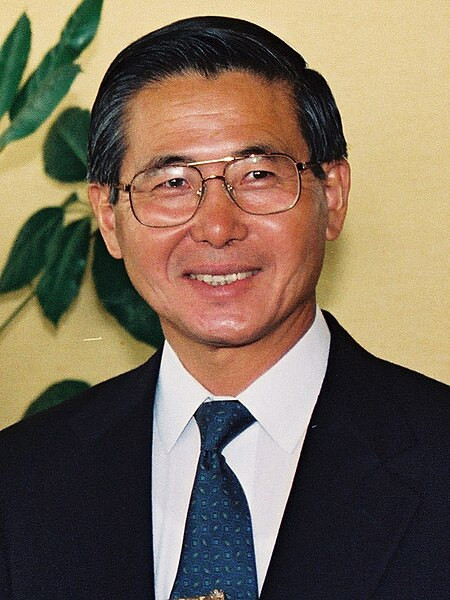Alberto Fujimori, the authoritarian former president who led Peru through a tumultuous decade in the 1990s, died at the age of 86 on Wednesday evening. Fujimori, who had been battling cancer, passed away at the home of his daughter, Keiko Fujimori, in Lima. His death marks the end of a deeply controversial chapter in Peruvian history, one that saw both the stabilization of the economy and a harsh crackdown on human rights.
Keiko Fujimori, herself a prominent political figure and three-time presidential candidate, announced her father's passing on social media, writing, "After a long battle with cancer, our father, Alberto Fujimori, has just left to meet the Lord. We ask those who loved him to accompany us with a prayer for the eternal rest of his soul." The message was signed by Keiko and her siblings, Hiro, Sachie, and Kenji.
Fujimori governed Peru from 1990 until 2000, a period marked by his decisive actions against hyperinflation and the violent insurgency led by the Maoist Shining Path. His policies brought significant economic reforms and quashed the insurgency that had terrorized the nation. However, these achievements were overshadowed by his increasingly autocratic rule, characterized by widespread corruption and severe human rights violations.
For many Peruvians, Fujimori's legacy is a source of sharp division. His supporters remember him as the leader who saved Peru from economic collapse and defeated the Shining Path. "Alberto Fujimori should be remembered as Peru's best ever president and most Peruvians recognize it," said Jackeline Quispe Mendoza, a supporter who attended a vigil outside the Fujimori family home. She credited him with the capture of Shining Path leader Abimael Guzmán, whose downfall significantly weakened the insurgency.
However, Fujimori's decade in power is also remembered for its dark side. In 2009, he was convicted of human rights abuses, including ordering the operation of a death squad known as Grupo Colina, which was responsible for the kidnapping and murder of civilians. He was sentenced to 25 years in prison in a landmark ruling that was hailed as a significant step for human rights in Latin America.
Carlos Rivera, a human rights lawyer who was part of the prosecution during Fujimori's trial, reflected on the former president's legacy, stating, "He died refusing to acknowledge the grave crimes he committed during his ten-year reign, from grave human rights violations to massive corruption."
Fujimori's fall from grace began in 2000, after a rigged election and the subsequent release of videos showing his intelligence chief, Vladimiro Montesinos, bribing lawmakers. Facing growing opposition and widespread protests, Fujimori fled to Japan, his parents' homeland, and resigned the presidency via fax. He remained in Japan for five years before being arrested in Chile in 2005 and extradited to Peru, where he was eventually tried and convicted.
Despite his controversial legacy, Fujimori maintained a loyal base of supporters who continued to see him as a national hero. This loyalty was reflected in the political career of his daughter, Keiko, who has been a prominent figure in Peruvian politics, leading a right-wing populist movement that has remained influential.
In 2023, Fujimori was granted a humanitarian pardon due to his declining health, a decision that sparked widespread debate and protests. He was released from prison in December 2023, but his freedom was short-lived as his health continued to deteriorate.
Jo-Marie Burt, a professor of political science at George Mason University and an expert on Peruvian politics, offered a critical view of Fujimori's impact on the country: "Some may laud him for his economic stabilization policies or for ending the Shining Path insurgency. But the harm he wrought to civic life, the cynicism he embedded in the political system, his cavalier justification of murder to achieve his ends - is the dark legacy that Peru has yet to fully grapple with."






